How Ocado Retail harnessed cloud migration for newfound independence
In adopting Oracle’s cloud platform, Ocado Retail unlocked improved decision-making insights and streamlined business processes


Ocado Retail is touting its successful modernization journey by announcing the migration of its key business systems to the cloud via two of Oracle’s enterprise-focused platforms.

The retail giant was able to generate improved decision-making insights through the project, as well as streamlined business processes by modernizing its platforms.
The impetus for the project was one of pragmatism, as says Rebecca Burn, Oracle systems manager at Ocado Retail, in conversation with ITPro.
As a joint venture between Marks & Spencer and Ocado Group, Ocado Retail’s systems were previously located within Ocado Group's on-premises infrastructure.
“The requirement really was to give us that independence … we knew that we needed to move off that system,” Burn tells ITPro, adding that, as Ocado Group had already undergone its cloud transformation, the retail wing needed to make its own move to negate the necessity for Ocado Group’s existing “legacy infrastructure”.
This move was all about a drive towards an independent platform for Ocado Retail, Burn says. With over 961,000 active customers and continued growth, Ocado Retail now uses Oracle Fusion Applications to drive more efficient business processes.
How Ocado Retail revamped its cloud infrastructure
Ocado Retail deployed both Oracle Fusion Enterprise Performance Management (EPM) and Oracle Fusion Cloud ERP, the firm’s enterprise resource planning (ERP) solution in its migration efforts. These platforms helped shift Ocado’s infrastructure over to the cloud in slightly different ways.
Get the ITPro daily newsletter
Sign up today and you will receive a free copy of our Future Focus 2025 report - the leading guidance on AI, cybersecurity and other IT challenges as per 700+ senior executives
The use of Oracle Fusion EPM was very much an upgrade, Burn says, as Ocado Retail had already been using the previous version of Oracle’s EPM. The company knew that it needed the updated version and saw that this was a “really good opportunity” to get it.
With Oracle Cloud EPM, Ocado Retail was able to overhaul several of its key business requirements, allowing it to greatly improve decision-making, as well as scenario modeling, and built-in advanced analytics. Enhanced financial reporting was also a positive result of using EPM, Burn says, alongside enhanced syncing with the other Oracle system, Oracle Fusion ERP.
RELATED WEBINAR

“It meant that we could have a more real time feed from ERP to the EPM which we didn't have before,” Burn says.
Through the migration, Ocado Retail has harnessed the ability to automate its financial processes, streamline its procurement framework, and improve controls. This has primarily come about as a result of it consolidating several business systems into one enterprise-scale software as a service (SaaS) application.
Burn describes the move to ERP with enthusiasm, saying it put Ocado Retail “on a modern platform” fit for continued evolution and improvement. As part of the move, Ocado Retail can also now choose from Oracle’s updates in areas such as AI and machine learning (ML).
A smooth migration, but still a learning curve
Ocado’s cloud transformation was fairly straightforward, according to Burn. “From an implementation perspective, it was really painless … it was really smooth,” Burn says.
Part of the reason for this was down to the fact the firm made sure it was “really prepared” beforehand, having laid groundwork for around a year ahead of the move. Burn says this involved, among other things, a total data cleanse to get it in a good place for future expansion.
That’s not to say that Ocado Retail wouldn’t have done a few things differently if it were to undertake the challenge again, Burn elaborates, citing the issue of moving transactions as part of cloud migration.
“An invoice could have been added in [two] months ago but now it's … sitting in this period, which just means it looks a bit different,” Burn says.
The ramifications of this, she adds, is that finance users may be confused as to why their transactions look different from what they expected. This issue put “change management” front and center as a learning experience for Burn.

Managing the overall change was made easier by the presence of Oracle’s “guided learning” system, Burn adds, which she describes as “priceless” in its ability to direct users through specific queries.
As Ocado Retail moves forward with its new systems in place, the firm will continue to see positive results and enhancements in productivity, better placing the firm for future success and modernization.

George Fitzmaurice is a former Staff Writer at ITPro and ChannelPro, with a particular interest in AI regulation, data legislation, and market development. After graduating from the University of Oxford with a degree in English Language and Literature, he undertook an internship at the New Statesman before starting at ITPro. Outside of the office, George is both an aspiring musician and an avid reader.
-
 Bigger salaries, more burnout: Is the CISO role in crisis?
Bigger salaries, more burnout: Is the CISO role in crisis?In-depth CISOs are more stressed than ever before – but why is this and what can be done?
By Kate O'Flaherty Published
-
 Cheap cyber crime kits can be bought on the dark web for less than $25
Cheap cyber crime kits can be bought on the dark web for less than $25News Research from NordVPN shows phishing kits are now widely available on the dark web and via messaging apps like Telegram, and are often selling for less than $25.
By Emma Woollacott Published
-
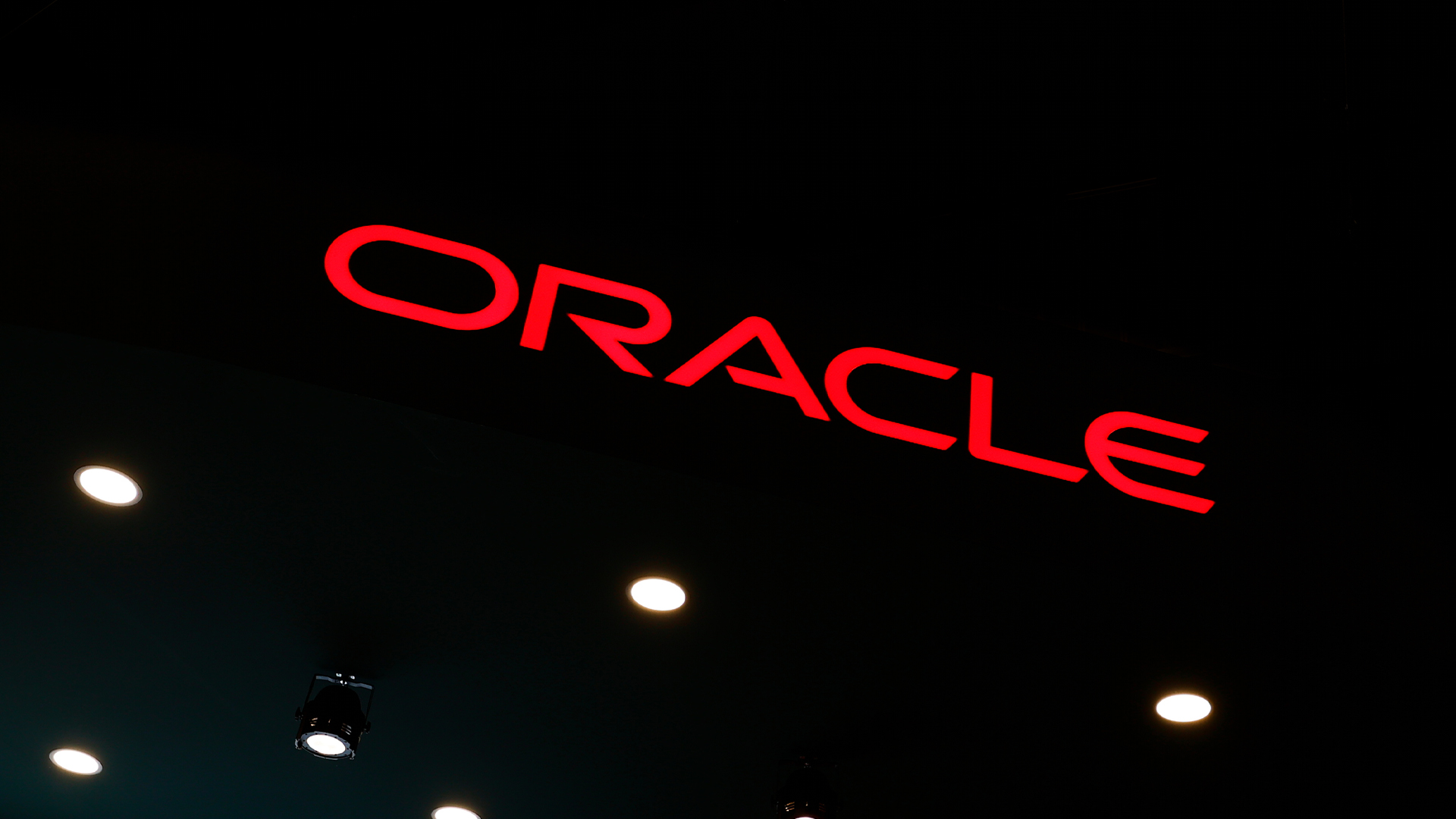 Say goodbye to walled gardens, Oracle is doubling down on multi-cloud
Say goodbye to walled gardens, Oracle is doubling down on multi-cloudNews Oracle is still focused heavily on driving multi-cloud adoption, doubling down on a message that came out of Oracle CloudWorld 2024 in Las Vegas a few months ago.
By George Fitzmaurice Published
-
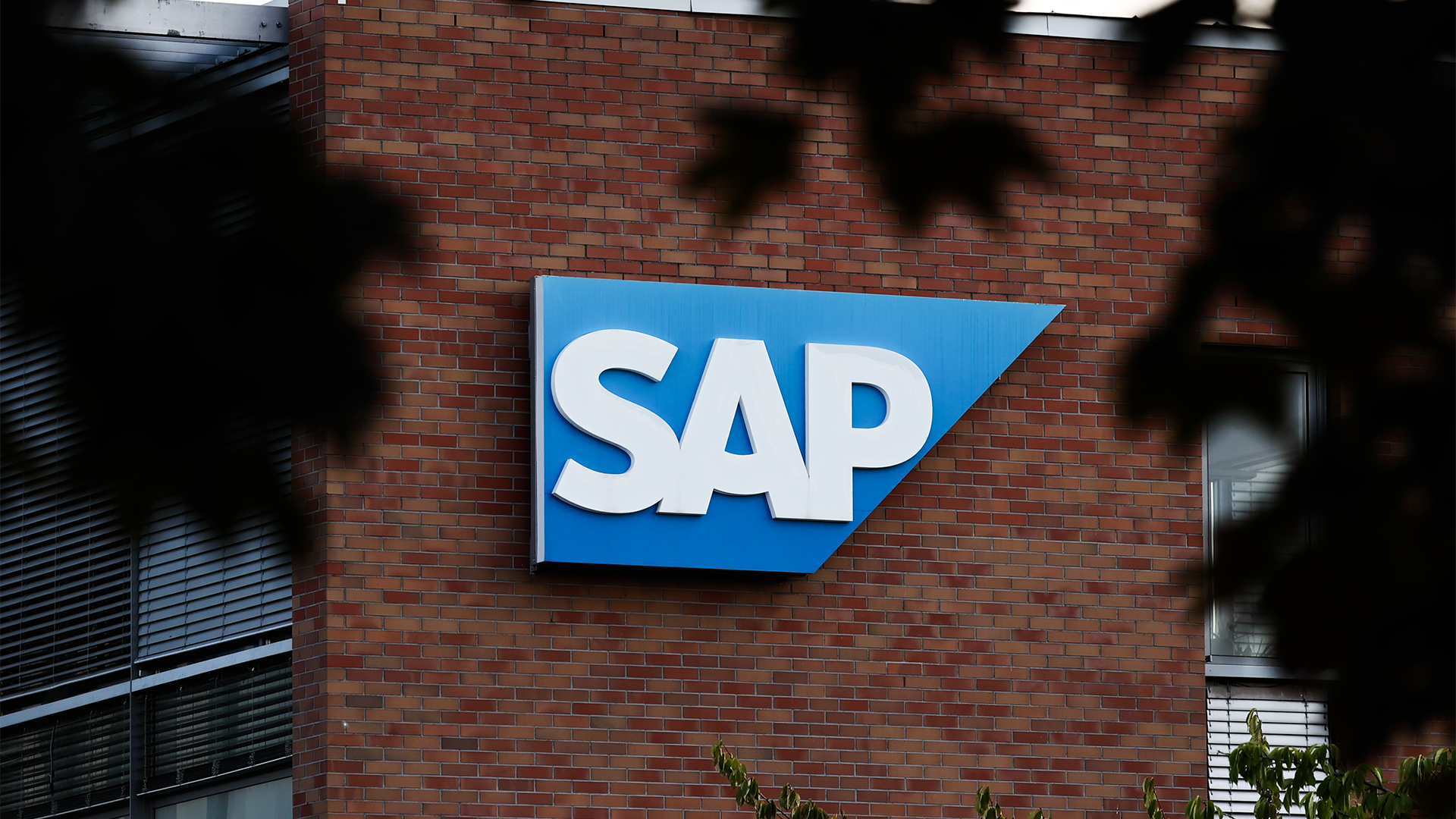 SAP launches sovereign cloud service for UK customers
SAP launches sovereign cloud service for UK customersNews The move makes SAP the latest to roll out a sovereign cloud service for UK customers
By George Fitzmaurice Published
-
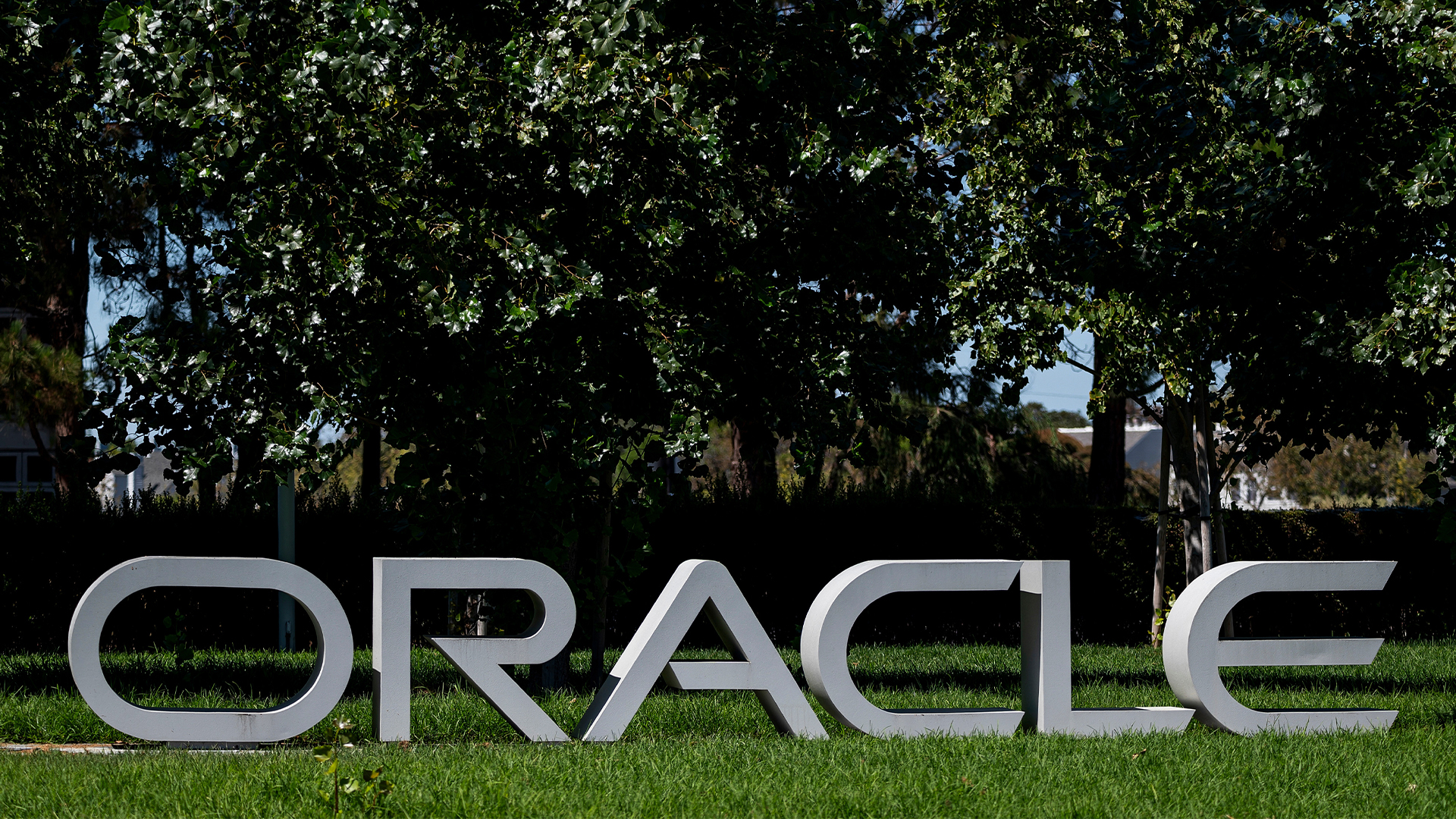 Sovereign cloud demand is “truly global” according to Oracle — and the company is well placed to capitalize on it
Sovereign cloud demand is “truly global” according to Oracle — and the company is well placed to capitalize on itNews Oracle has been at the forefront of sovereign cloud buzz and is keen to offer customers tools to make it happen
By George Fitzmaurice Published
-
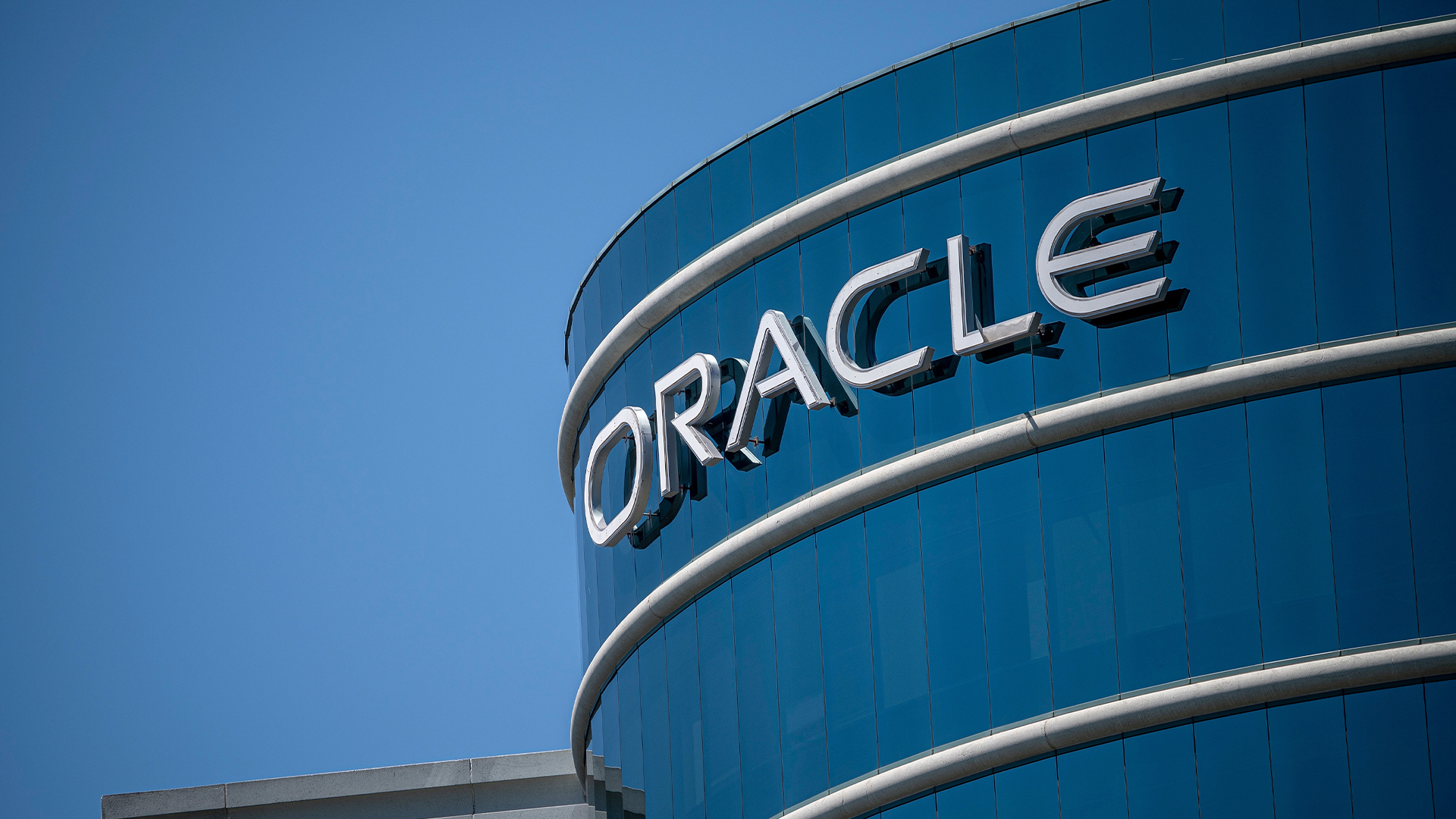 ‘Many of our long-time rivals are now our partners’: Why Oracle is doubling down on multi-cloud
‘Many of our long-time rivals are now our partners’: Why Oracle is doubling down on multi-cloudAnalysis The firm is focusing heavily on integration with other major cloud providers to drive multi-cloud adoption for customers
By George Fitzmaurice Published
-
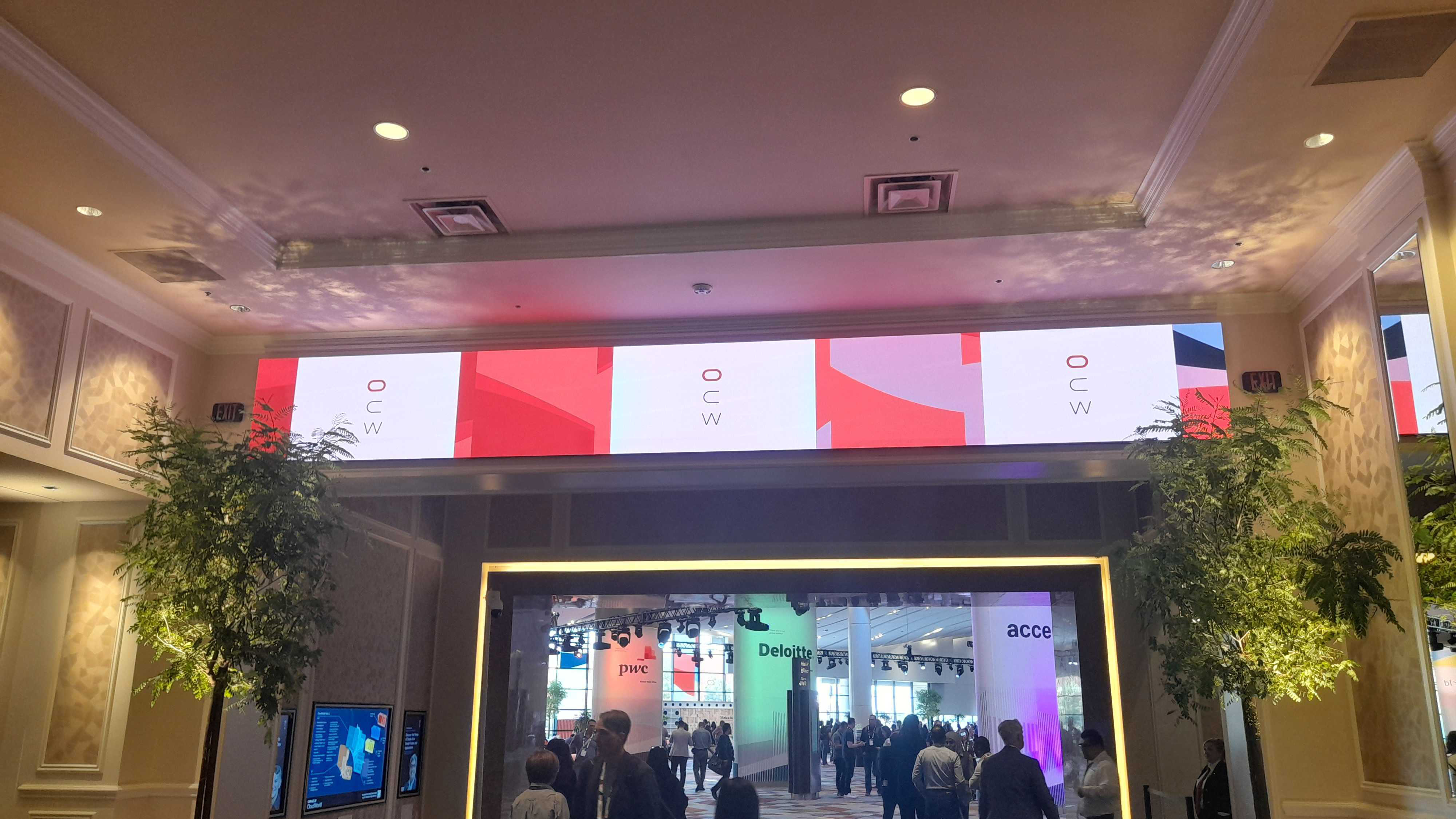 Oracle CloudWorld 2024 live: All the news and updates from day-two
Oracle CloudWorld 2024 live: All the news and updates from day-twoLive Blog It’s day-two at Oracle CloudWorld 2024 - Stay up to date with all the news and announcements at Oracle CloudWorld 2024 in our live coverage from Las Vegas
By George Fitzmaurice Last updated
-
 SuiteWorld 2024 live: All the news and updates as they happen
SuiteWorld 2024 live: All the news and updates as they happenLive Blog ITPro is live on the ground in Las Vegas today for Oracle SuiteWorld 2024 – follow our rolling coverage to keep tabs on all the latest news and announcements
By George Fitzmaurice Last updated
-
 Oracle expands Spanish cloud offerings with $1 billion investment
Oracle expands Spanish cloud offerings with $1 billion investmentNews Oracle said its new cloud region will help financial firms adhere to strict sovereignty and data privacy regulations
By Emma Woollacott Published
-
 Oracle and Google Cloud join forces to streamline multi-cloud deployments
Oracle and Google Cloud join forces to streamline multi-cloud deploymentsNews Cross-Cloud Interconnect will allow customers to combine Oracle Cloud Infrastructure and Google Cloud technologies with no cross-cloud data transfer charges
By Emma Woollacott Published